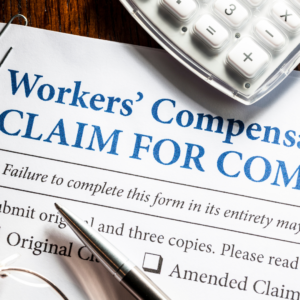
Accidents and injuries at work can happen to anyone, regardless of the nature of their job. When such incidents occur, workers’ compensation can provide a

Accidents and injuries at work can happen to anyone, regardless of the nature of their job. When such incidents occur, workers’ compensation can provide a